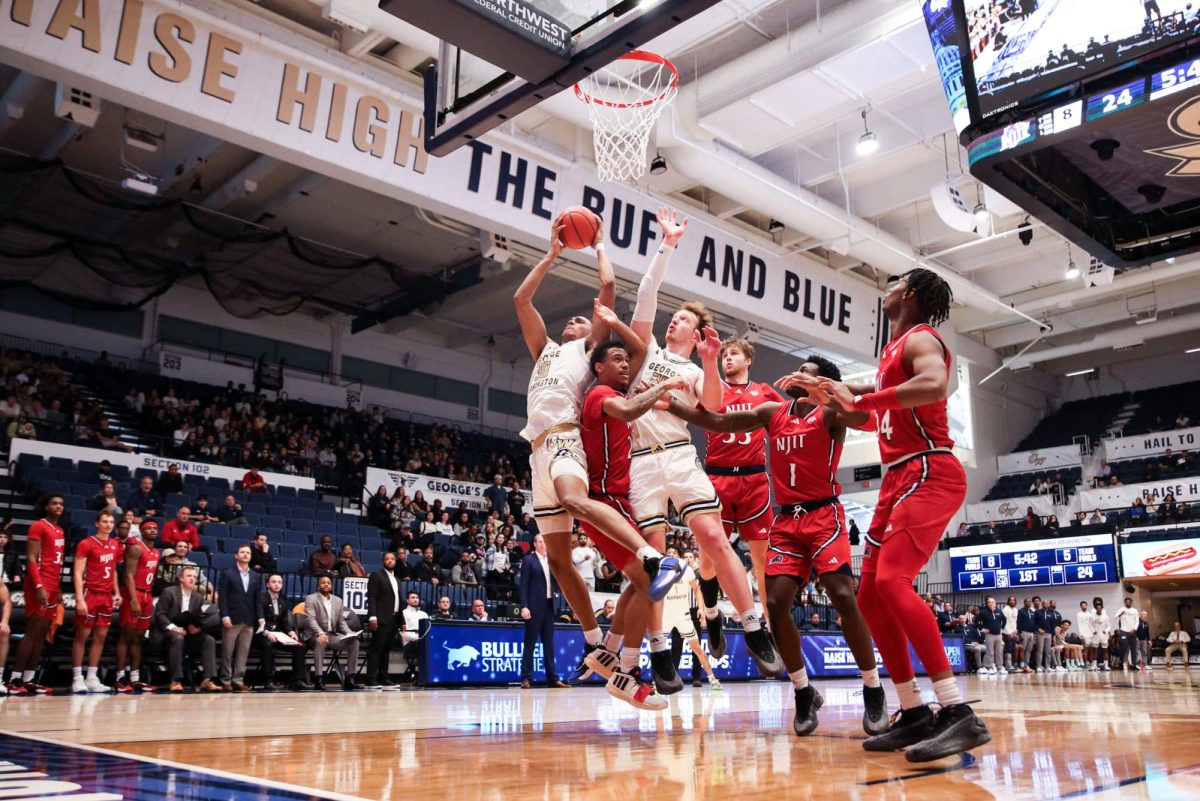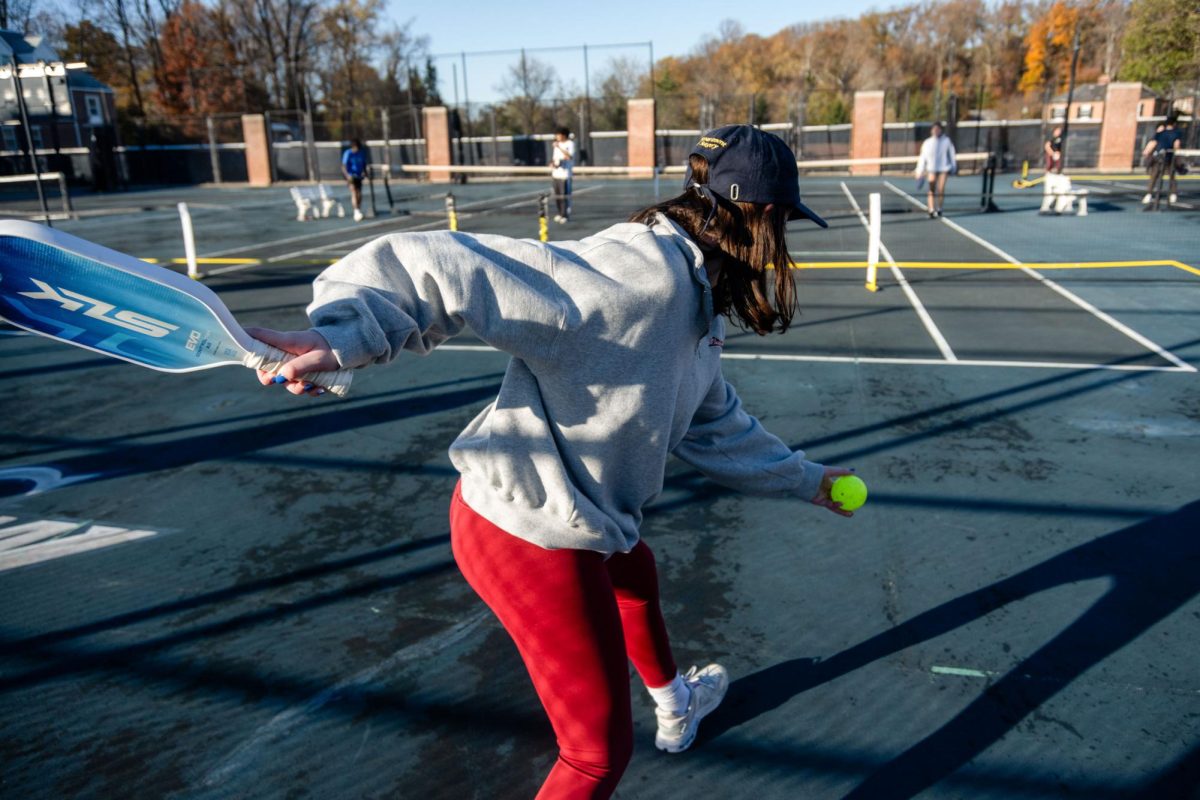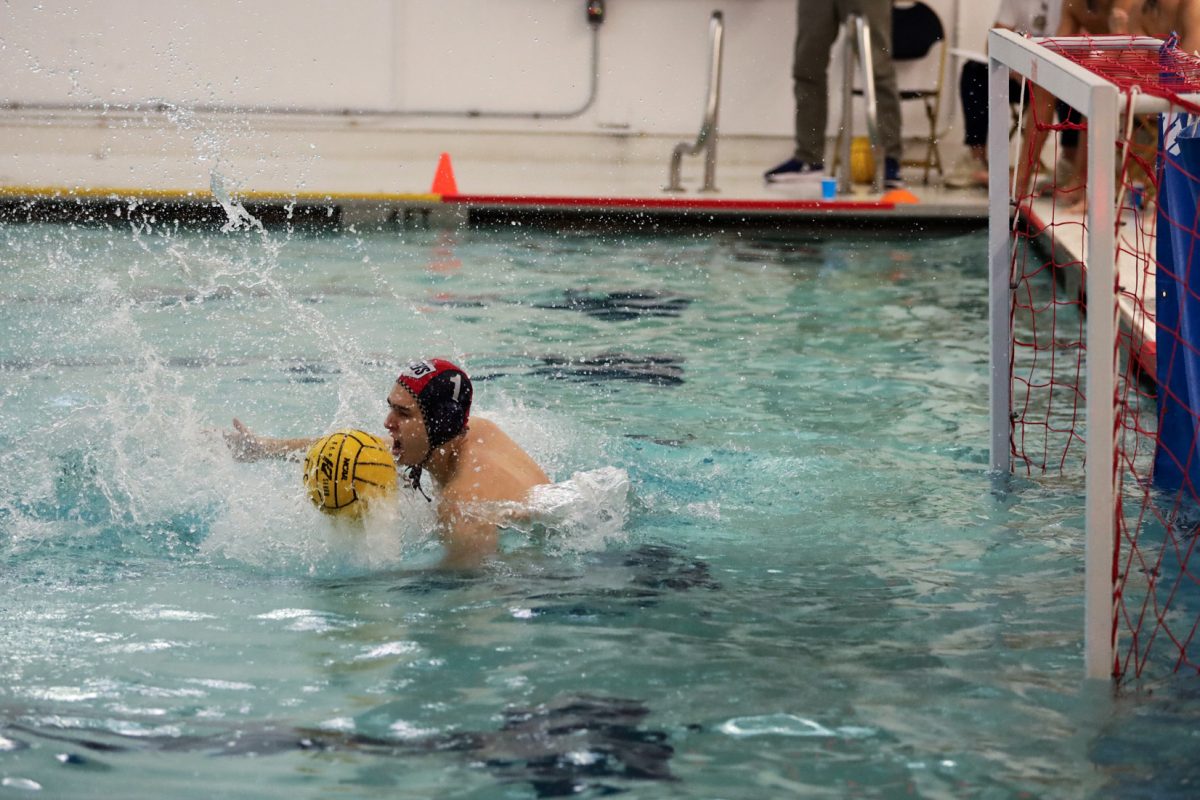Mike Jarvis’ GW coaching career began with a loss – a tough loss.

Jarvis brought new excitement to a downtrodden men’s basketball program in 1991. The team was 1-27 just two years before he arrived and hadn’t had a winning season in seven years. Members of Jarvis’ family flew in from Boston to see his first game against Loyola College at the Smith Center. His mother sat behind the bench.
Amid the excitement, the Colonials lost their first game under their new coach, 87-78 – a loss Jarvis says was one of his toughest at GW.
“I remember we were sitting in the locker room after the game wondering what had happened,” says Byron Hopkins, a senior on that 1991 team. “We were so confident and feeling pretty good about ourselves and then we lost. I’m sure (Jarvis) was reconsidering whether he really wanted the job after that loss.”
The disappointment was only temporary. The Colonials rebounded to win their next game over St. Joseph’s, a win Jarvis says was one of his most enjoyable.
And the wins kept coming. Eight straight winning seasons, totaling 152 victories, 90 defeats, four trips to the NCAA Tournament and an appearance in the “Sweet 16.”
It ended last week, when Jarvis accepted the head coaching position at St. John’s University in New York. But several former players say Jarvis left a permanent mark on the program. He brought a new confidence that changed the program’s attitude and returned winning basketball to GW.
“Attitude is half the game,” Hopkins says. “If you believe you can do something, chances are you probably can.”
“You have to have good players to win and he brought in good players,” says Peter Young, a senior forward on Jarvis’ first team in 1991. “Before he got there, we were horrible. You had a 6-6 white guy who couldn’t jump, playing center. He elevated the level of talent and the level of recruiting.”
Several former players say Jarvis’ confidence and winning attitude changed the attitude of the entire program.
“We had to learn how to win,” Jarvis says. “We had to learn how to work and practice hard. The whole attitude had to change.”
When Jarvis took the job in 1991, he preached patience, saying the program might not turn around overnight. But Jarvis produced a winning team in his first year. He took a team that went 14-17 the previous year and guided it to a 19-12 record. The team reached the Atlantic 10 Tournament final, losing to Penn State University.
“He recruited good players but he’s also a good manager of talent,” says Rodney Patterson, who was a senior reserve guard on the 1993 team that reached the “Sweet 16.” “Year in and year out, he puts together a team of different players, keeps it together and helps it go farther than it probably should.”
Young says Jarvis put things in perspective, letting the players know exactly what the coaches expected.
“He was confident, almost cocky, but he could back it up,” says Young, who works as a reporter for the Outdoor Life Network in Oregon. “He brought that confidence to the program.”
The Colonials lost seven seniors from the 1991 team and struggled the next year, finishing 16-12. However, the 1993 team gave national exposure to GW basketball. With guards Dirkk Surles, Alvin Pearsall and senior forward Sonni Holland, the Colonials finished 21-9 and reached the NCAA Tournament for the first time in more than 30 years.
With the addition of young players like Yinka Dare, Kwame Evans, Vaughn Jones, Nimbo Hammonds and Omo Moses, the program gained a solid talent base. The Colonials won two games in the tournament before falling to the University of Michigan in the “Sweet 16.”
Three wins over Massachusetts in 1995 and 1996, two of them when the Minutemen were ranked number one in the country brought further national attention to the program.
But several former players say they learned more than just how to win.
“I learned about teamwork. How to adjust to different roles within a team, which is what you have to do in corporate America,” says Patterson, who works in Virginia as a corporate finance analyst.
“(Jarvis) brought a new energy,” says Hopkins, who spent two years at the U.S. Naval Academy before transferring to GW and now works for Allstate Insurance outside Chicago. “In practice, he focused around things that were important to our games. When we did things in practice, you could tell why we were doing them. Some coaches will have you run drills that won’t help you in games – he wasn’t like that.”
Times weren’t always good, though. Winning bred higher expectations and disappointment. Jarvis even said last season GW fans had become spoiled, expecting to make it to the NCAA Tournament every year.
After last season – Jarvis’ finest at GW – seniors Darin Green and Rasheed Hazzard told The GW Hatchet they were not happy with Jarvis’ coaching style. Jarvis responded that not everyone on a team will be happy.
Jarvis’ success at GW drew interest from other schools. Rumors began circulating as Jarvis became a candidate to fill coaching positions at half a dozen schools over the past two years. St. John’s finally offered the right situation to leave, Jarvis says.
“It was the right time to leave,” he says. “The opportunity was large enough. If I didn’t take this opportunity then I wouldn’t be doing what I preach to my kids and that’s `don’t be afraid to fail.’ “
Several former players say they believe Jarvis is ready for a new challenge.
Eight years after bringing the new confident attitude to GW that resulted in a winning basketball program, Jarvis is gone. But he says he believes the program will remain strong.
“That’s why I could leave this year, when the program is in great shape, as opposed to last year when we were 15-14,” he says. “We accomplished our goals and exceeded them, but there’s still more to be done.”






